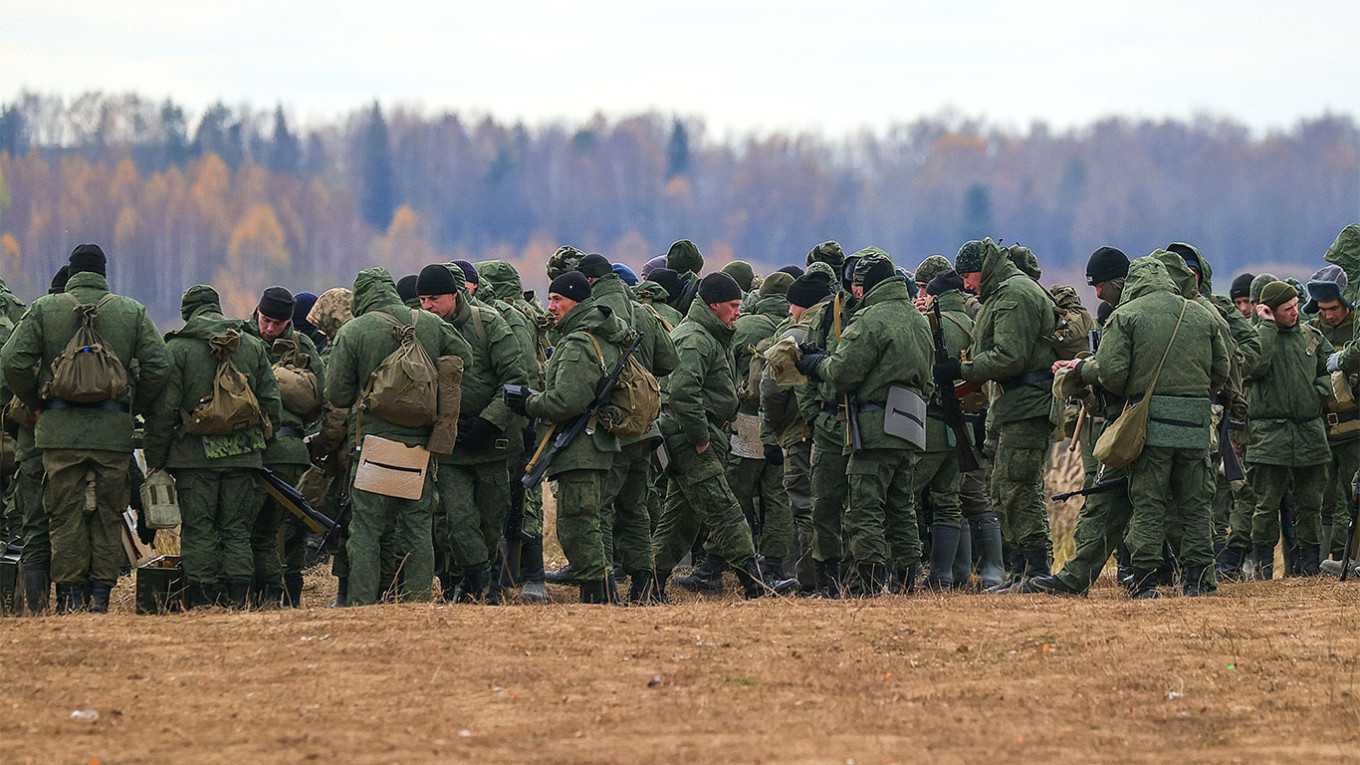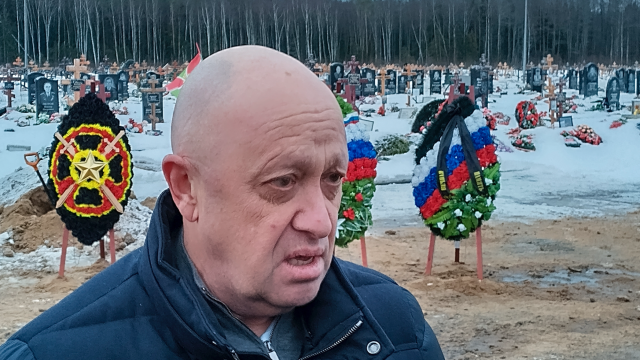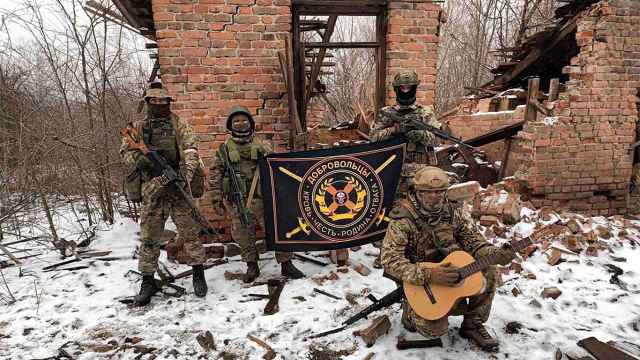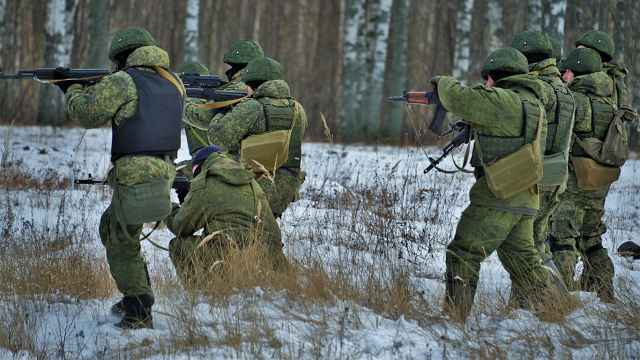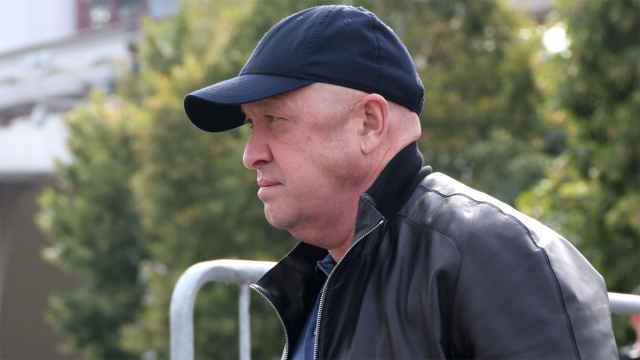The first inmates recruited from Russian jails by the Wagner mercenary group have completed their six-month service in Ukraine and received their promised pardons from the Russian state, Wagner founder Yevgeny Prigozhin told journalists on Thursday.
"They worked off their contract. They worked with honor, with dignity. They were the first ones. Nobody else in this world works as hard as they did," Prigozhin told Russian news agency RIA-Novosti.
Prigozhin said that the two dozen inmates-turned-combatants were simply people who had been unable to find their place in society "by accident or by force of character" and who ended up getting into trouble. Society "gave these people a chance and should be grateful" to them for fighting for Russia's "national interests," he added.
One of the returning Wagner recruits told RIA Novosti that many of the now-pardoned fighters plan to return to Wagner as paid contractors.
The Wagner Group, a shadowy organization that until 2022 was largely focused on supplying mercenaries to conflict zones in Africa and the Middle East, has seen its public profile grow enormously in the past year, largely due to its role supplementing the undersupplied and ill-equipped Russian army in Ukraine.
Prigozhin, a St. Petersburg business magnate often referred to as "Putin's chef" for his longtime role supplying catering to the Kremlin, only publicly confirmed that he founded Wagner in September.
Shortly afterward, video footage of Prigozhin making a recruitment pitch to a group of inmates in what appeared to be a Russian prison yard emerged. In exchange for six months of military service with Wagner in Ukraine, the inmates were offered early release from prison.
Since then, Wagner has opened offices in St. Petersburg and has been openly recruiting fighters from Russian prisons.
Despite Thursday's pardons, the Wagner early release scheme has some definite disincentives too — in November, Prigozhin welcomed the brutal murder of Yevgeny Nuzhin, a convicted murderer recruited by Wagner who surrendered to Ukrainian forces.
Nuzhin's killing by his former comrades with a sledgehammer was, Prigozhin said afterward, "a dog’s death for a dog."
A Message from The Moscow Times:
Dear readers,
We are facing unprecedented challenges. Russia's Prosecutor General's Office has designated The Moscow Times as an "undesirable" organization, criminalizing our work and putting our staff at risk of prosecution. This follows our earlier unjust labeling as a "foreign agent."
These actions are direct attempts to silence independent journalism in Russia. The authorities claim our work "discredits the decisions of the Russian leadership." We see things differently: we strive to provide accurate, unbiased reporting on Russia.
We, the journalists of The Moscow Times, refuse to be silenced. But to continue our work, we need your help.
Your support, no matter how small, makes a world of difference. If you can, please support us monthly starting from just $2. It's quick to set up, and every contribution makes a significant impact.
By supporting The Moscow Times, you're defending open, independent journalism in the face of repression. Thank you for standing with us.
Remind me later.


